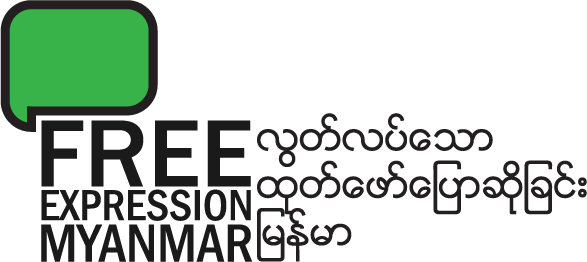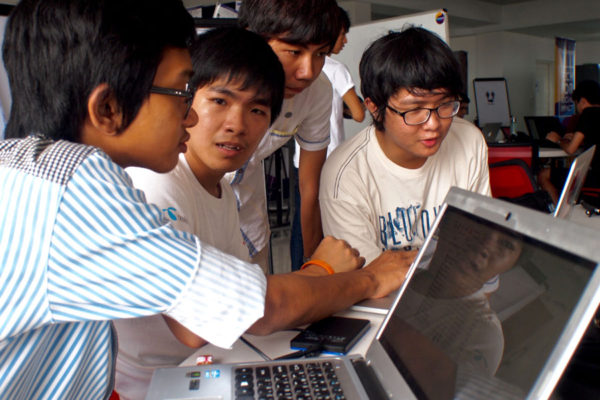Military withdraws criminal complaints against eight — မြန်မာ့တပ်မတော်က တရားစွဲဆိုထားသည့် အမှု ရှစ်မှုကို ရုပ်သိမ်းလိုက်ခြင်း
FEM welcomes the military’s withdrawal today of criminal complaints against eight journalists, journalist sources and human rights defenders. The criminal provisions in the Penal Code, Telecommunications Law, and Unlawful Association Law, used to charge the eight people are not acceptable under international standards on the




